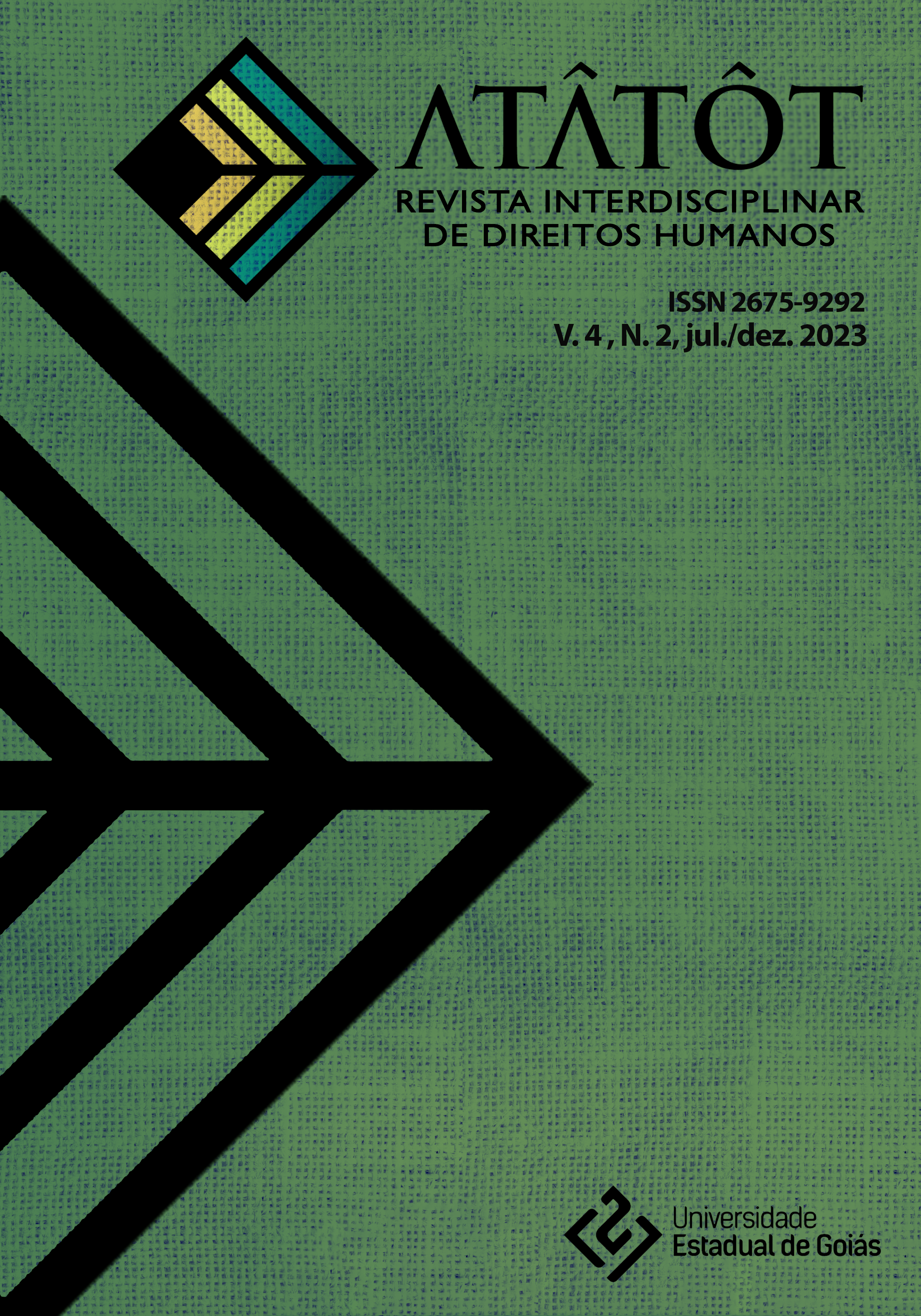PROTECTING HUMAN RIGHTS DEFENDERS IN BRAZIL
A panoramic view of existing popular and institutional protection experiences
DOI:
https://doi.org/10.31668/atatot.v4i2.14846Keywords:
Human Rights, Human Rights Defenders, Violence, Popular Protection, Institutional Protection, BrazilAbstract
Human rights have advanced since Brazil’s re-democratization, but social authoritarianism prevented more advancements and paved the way for the extreme right to grow stronger lately. Hence, the country’s resumption of the path towards democracy and human rights depends on structural changes, for which the work of human rights defenders (HRDs) is paramount. As HRDs question the status quo and challenge populist anti-democratic practices, they have become targets of violence perpetrated by dominant groups and, thus, they need effective protection in Brazil. But what are the alternatives for the protection of HRDs in Brazil? To answer this question, the paper sheds light not only on HRDs’ activities in promoting democracy or fighting for human rights and exposing and remedying the adverse effects of populist undemocratic activities, but also on the corresponding state and non-state violence they suffer. In addition, it conducts an analysis of the existing popular and institutional protection experiences in Brazil in order to emphasize the significance of organized civil society and State protecting HRDs for strengthening democracy and establishing a human rights culture in Brazil. The final section explains what the better alternatives for the protection of HRDs in Brazil are and, as a result, calls for organized civil society and State to play their role in implementing them effectively.










